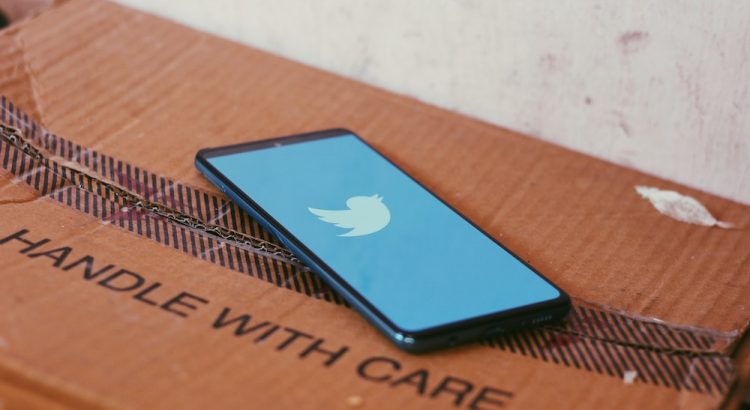Podcast: Play in new window | Download
Subscribe: Spotify | Email | TuneIn | RSS
Even as a child, Alexandra wanted to study space. She had a Bachelor’s degree in physics from Cambridge University, so she seemed like the perfect candidate to for a PhD program.
But after graduation, she didn’t feel ready. She’d need a Master’s degree first, but money was tight and her student visa had run out.
She found a job prospect at a particle accelerator lab, but was turned down because they wanted more programming experience. So she packed her bags and headed home.
Her goal remained the same – to study astrophysics and earn a PhD. But due to circumstances, her plans had to change.
Read More



